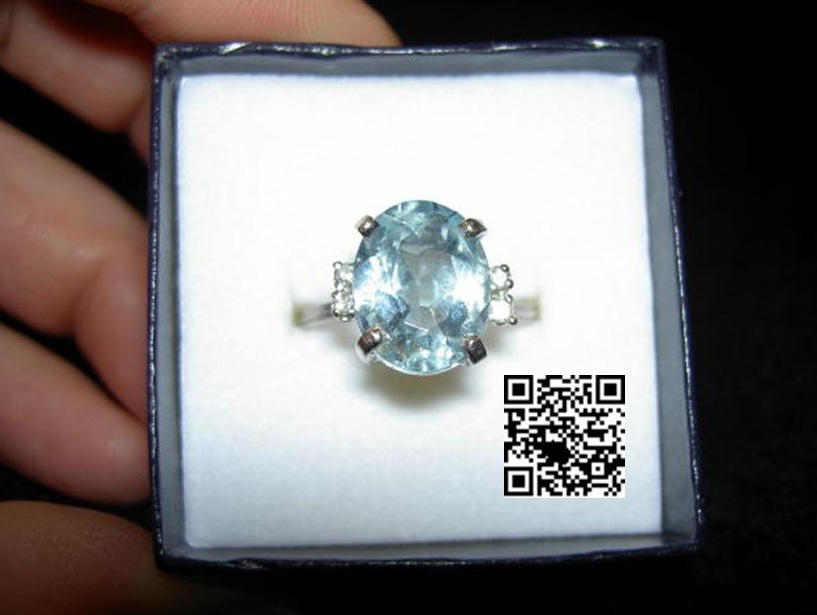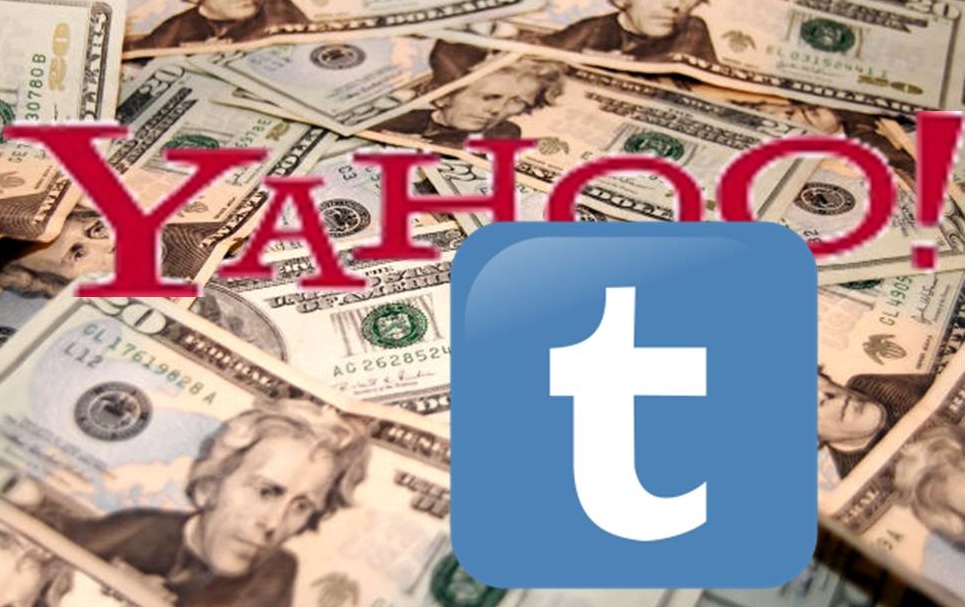Scanning the barcodes provides the device users with specific information about the unique piece.
The International Gemological Institute (IGI) has just revealed that it will be providing QR codes, from now on, for each piece of jewelry that it certifies, so that the barcodes can be scanned.
When the barcode is read by a smartphone, the device users will also be able to view the IGI report on the piece.
The QR codes are intended to be helpful on a number of levels. The IGI is hoping that sales associates will be able to scan them in order to be able to obtain relevant gemological grading information that they can then communicate to potential customers. They share data about the color, cut, carat, and clarity (often referred to as the 4 C’s), and can also be used to authenticate precious metals.
The QR codes will also be helpful to customers who can verify the quality and claims veracity of an item.
The IGI will now be assigning a QR code with the issuance of each IGI Seal of Inspection/Standard of Exc ellence, as a step in the certification process. Each article will be affixed with its relevant barcode. Just as has previously been the case, it will still be possible to obtain hard copy reports on any jewelry that has been certified by the organization. These barcodes will simply provide an immediate link to the information that can be accessed wherever the device user may be.
ellence, as a step in the certification process. Each article will be affixed with its relevant barcode. Just as has previously been the case, it will still be possible to obtain hard copy reports on any jewelry that has been certified by the organization. These barcodes will simply provide an immediate link to the information that can be accessed wherever the device user may be.
According to Jerry Ehrenwald, the president and CEO of the IGI, “We are eager to bring additional benefit to both retailers and consumers by offering a real-time way to access a unique IGI report, as this is a crucial step in the fine jewelry buying process.”
The QR codes were first demonstrated by the IGI at the JCK Las Vegas Show, at the organization’s booth. An appointment had to be scheduled in order to be able to see the demo. The organization was first established in 1975 in Antwerp. It is now the largest independent certification institute worldwide. It has offices in major cities all across the globe.
The online blogging forum is now being purchased by the search engine giant in a recovery effort.
Yahoo! has announced in its latest technology news that it is purchasing the massively popular online blogging forum, Tumblr, for a cool $1.1 billion in order to breathe some life back into itself.
The CEO of Yahoo!, Marissa Mayer, is aiming to rejuvenate what was once the top search engine.
The company has managed to fall behind and Mayer is now making an aggressive acquisition to help to reverse this trend. The deal was first announced on Monday and is the boldest move that she has made with the company, since she left Google just under a year ago in order to lead the latest comeback effort at Yahoo! This is also the most expensive acquisition that the search engine company has made since the purchase of Overture ten years ago. That purchase made technology news headlines when Yahoo! forked over $1.3 billion in stock and cash.
This technology news will involve a payment all in cash, taking a chunk out of Yahoo’s reserv es.
es.
The company has been holding $7.6 billion in windfall, which it brought in when it sold half of its stake in Alibaba Holdings Group, the Chinese internet company. This means that the acquisition of Tumblr will take up approximately a fifth of the $5.4 billion that Yahoo! was storing in its accounts by the close of the first quarter of the year.
At the same time that Yahoo! made its acquisition technology news headlines, it also announced that the CEO of Tumblr, David Karp, would be maintaining his position “per the agreement and our promise not to screw it up, Tumblr will be independently operated as a separate business.” Karp first started that company six years ago. Both businesses hope that it will soon become a central player in a massive recovery for Yahoo! to become the most influential companies on the internet once more. This is a position that it has not held in 13 years, since it was surpassed by Google – with the help of Mayer, who worked there at the time.
 ellence, as a step in the certification process. Each article will be affixed with its relevant barcode. Just as has previously been the case, it will still be possible to obtain hard copy reports on any jewelry that has been certified by the organization. These barcodes will simply provide an immediate link to the information that can be accessed wherever the device user may be.
ellence, as a step in the certification process. Each article will be affixed with its relevant barcode. Just as has previously been the case, it will still be possible to obtain hard copy reports on any jewelry that has been certified by the organization. These barcodes will simply provide an immediate link to the information that can be accessed wherever the device user may be.
 es.
es.